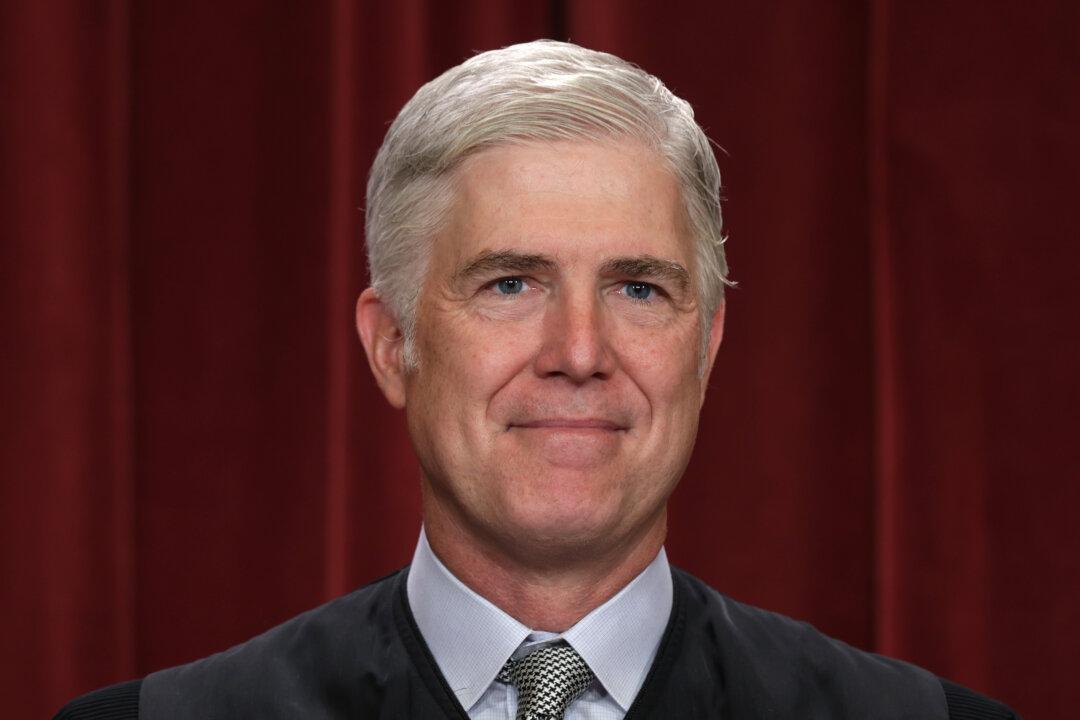The Supreme Court should curb the power of governments to use the permitting process to force property owners to pay large development fees, the court heard on Jan. 9.
In the case, homeowner George Sheetz is suing El Dorado County, California, claiming the county violated his rights under the Fifth Amendment’s takings clause and the 14th Amendment.





